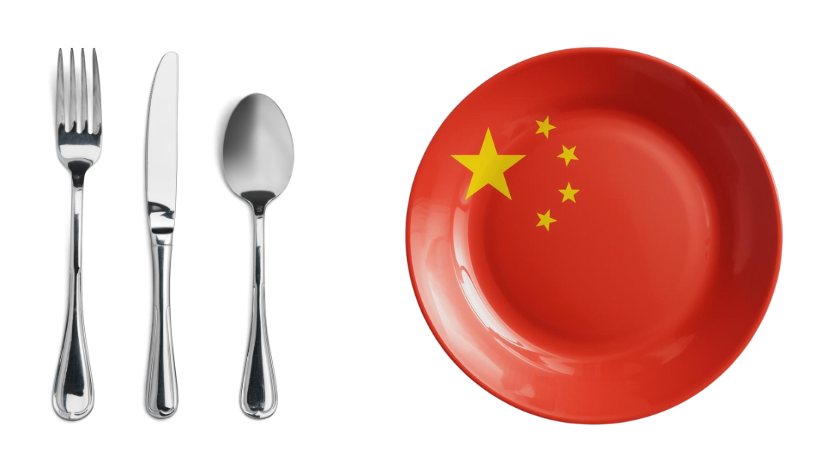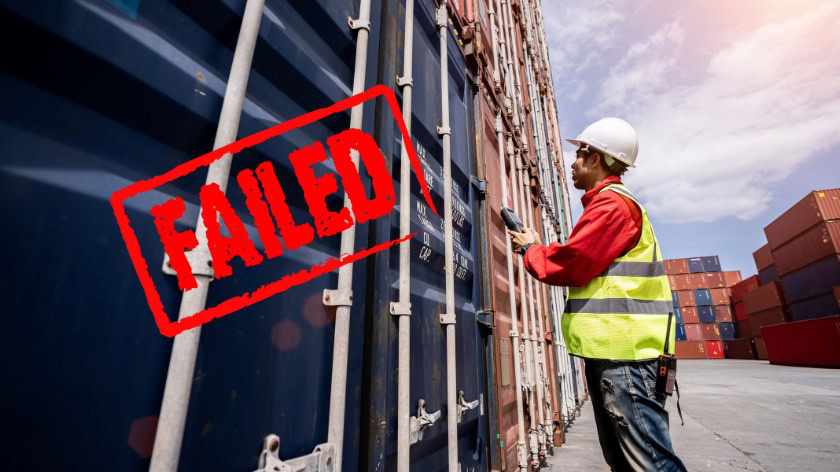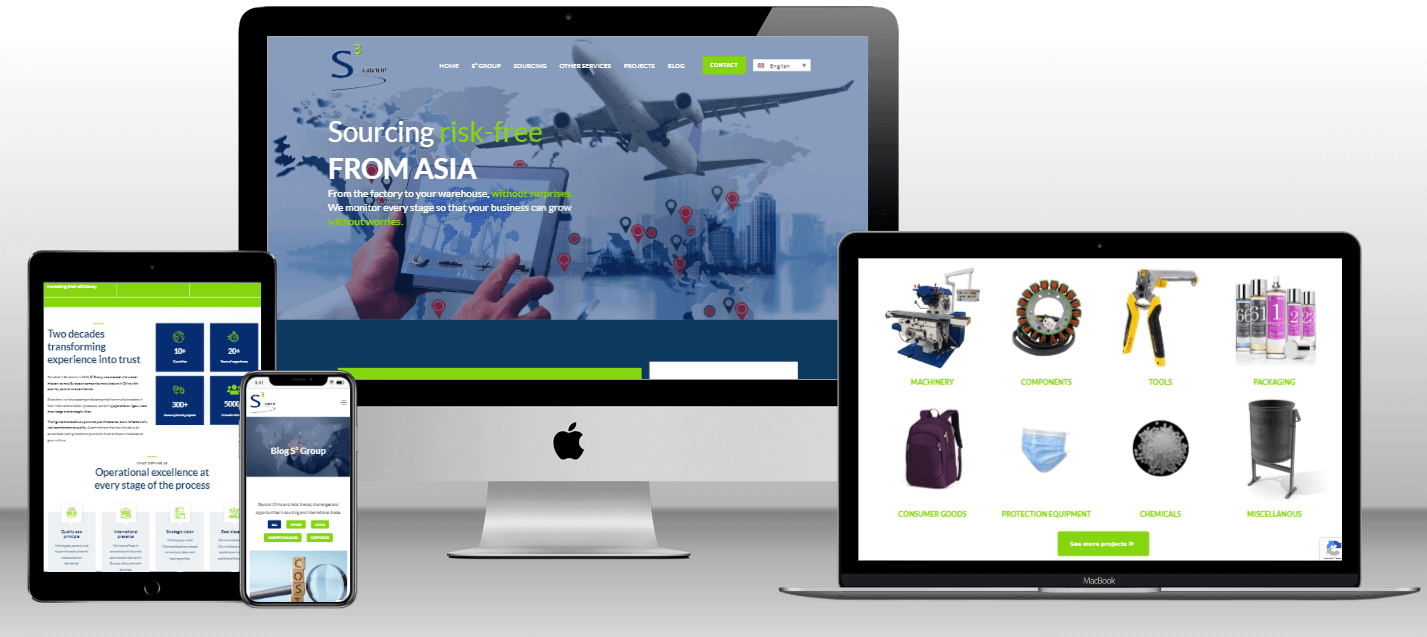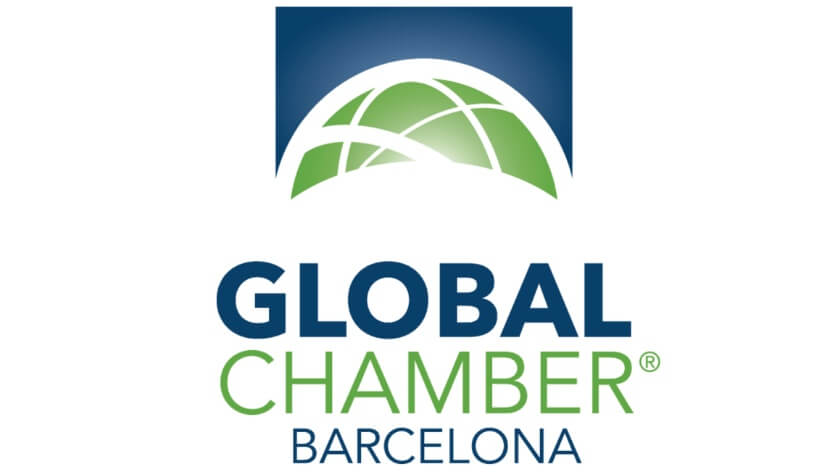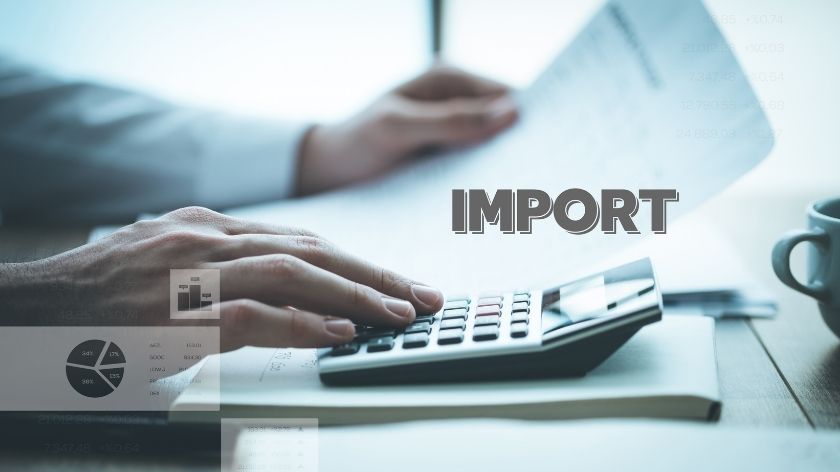In our blog, we often talk about quality control, certifications, marketing, and logistics, but we rarely mention suppliers (or at least not as much as we should), who are the real starting point for any import.
The fact is that behind every product that arrives at the warehouse, there is a factory that must comply with quality standards, deadlines, and European regulations. However, we often take it for granted that everything will turn out fine... until something goes wrong. Auditing the supplier before importing is therefore the smartest way to anticipate problems and ensure that production meets our exact needs.
At S³ Group, we often see companies that discover too late that their supplier does not have the necessary capacity, lacks certifications, or subcontracts without notice. A
What do we mean by a supplier audit?
It is a technical and documentary assessment of the supplier that reviews their quality management system, production capacity, traceability, and social and environmental performance. The aim is to anticipate non-conformities before issuing the purchase order and to validate that the partner is viable at an operational level.
When a robust system is in place, the likelihood of deviations decreases and continuous improvement is accelerated thanks to standardised procedures, indicators and change control. This framework provides a common basis for auditing and negotiating with the supplier, especially when considering volume scaling and repetitive series.
Why auditing before importing is key to your business
Quality control and regulatory compliance
Auditing before closing the purchase allows you to review technical requirements, testing, labelling, traceability and documentation for Europe. This reduces customs incidents and penalties linked to market surveillance, a fact that reinforces operators' controls and responsibilities.
Risk assessment and supplier reliability
In the supplier audit, we analyse solvency, plant load, bottlenecks, subcontracting, preventive maintenance and control of critical suppliers. This provides real visibility into the ability to meet deadlines and service levels without compromising quality.
We also value a culture of improvement, response times, mastery of EU requirements and document maturity. When a supplier shows solid evidence and openness to the action plan, the business relationship becomes more stable and predictable.
Most common types of audits
Audit of factory
Assesses processes, calibration, material intake control, inspections and packaging. This is the most common supplier audit to validate capacity and series repeatability.
Social and environmental audit
Reviews health and safety, working hours, PPE, recruitment and waste management. Although many guidelines are voluntary, ESG expectations in the European market require responsible practices and verifiable records.
Compliance and technical regulations audit
Check that the manufacturer identifies the legislation applicable, has the technical documentation and tests required, and that monitors changes in regulatory requirements. Regulation (EU) 2019/1020 strengthens obligations and cooperation between authorities to withdraw products that do not comply with the market.
How is an audit carried out step by step
Planning and checklist for verification
It is very important to define the scope, criteria, team, schedule, and documentation in advance in order to anticipate failures, especially in orders designed for specific dates. Preparing the
We request in advance organisational charts, records of inspections, certificates of raw materials and contracts with subcontractors. Thus, a14> the visit focuses on validating evidence and observing the actual process.
Visit to the factory and preparation of the report
During the visit, we inspected the reception area, warehouses, production lines, laboratory, and dispatch area; we interviewed those responsible for quality and production; and we raised a9> of quality and production; and we collected photographic evidence, something that can be easily verified on our website . We take samples and verify that the control in process reflects the specifications of the a33> order.
After the visit we issue a report with no non-conformities, observations and opportunities for improvement prioritised by impact and risk, and we propose an action plan with responsible parties, deadlines and indicators for monitoring.
Benefits of a audit well executed
Reduction of risks and savings in costs
Detecting deviations at source prevents rejections, repetition of the work (due to errors) and logistical costs logistics. With a audit of supplier solid and controls prior to shipment, increases the deliveries correctly and improves the turnover of inventory to reduce surprises in receiving.
Furthermore, with objective evidence objective evidence the negotiate better conditions: corrective actions by the supplier, realistic delivery windows and clauses on quality linked to realistic metrics.
Improvement of the relationship with the supplier
The audit creates a common language between purchasing, quality and production. It establishes clear expectations and a shared improvement plan, with regular reviews to measure progress.
When the supplier understands our requirements and maintains a a7> system aligned with international standards, the relationship is strengthened strengthened and incidents are resolved with data, not with perceptions.
How to optimise your audits with S³ Group
We take care of the entire cycle: planning, checklists by category, on-site visits, coordination of tests, report with score and action plan. We integrate milestones with the process of purchasing from our customers: validation of samples, controls in production and pre-shipment, to ensure continuity of quality in repeated productions.
This (and more things...) is what makes us different. Because at S³ Group we have a team of people on every side a14> of the client: in the part of the production and in the part of the client, which allows us to be where we need to be at the right time and and to carry out appropriate monitoring in order to obtain satisfactory results.





